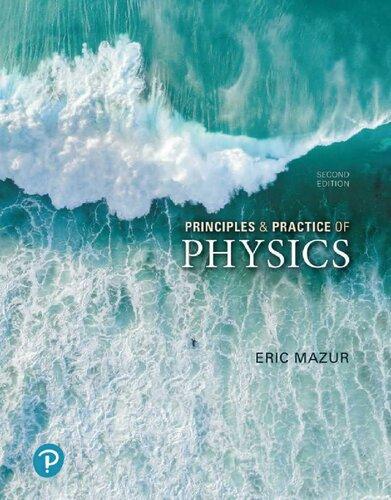Even the best batteries dissipate some energy, which means that not all the chemical energy is converted
Question:
Even the best batteries dissipate some energy, which means that not all the chemical energy is converted to electric potential energy. We can take this dissipation into account by modeling a nonideal battery as consisting of an ideal battery of emf \(\mathscr{E}\) in series with a small resistor \(R_{\text {batt }}\), often called the internal resistance of the battery. The effect of this internal resistance is that the potential difference across the battery terminals is smaller than \(\mathscr{E}\) when there is a current. When a nonideal battery is used in a circuit where the load is a resistor of resistance \(R\), is the potential difference across the battery terminals greatest when the resistance of the load is high or when it is low?
Step by Step Answer:






